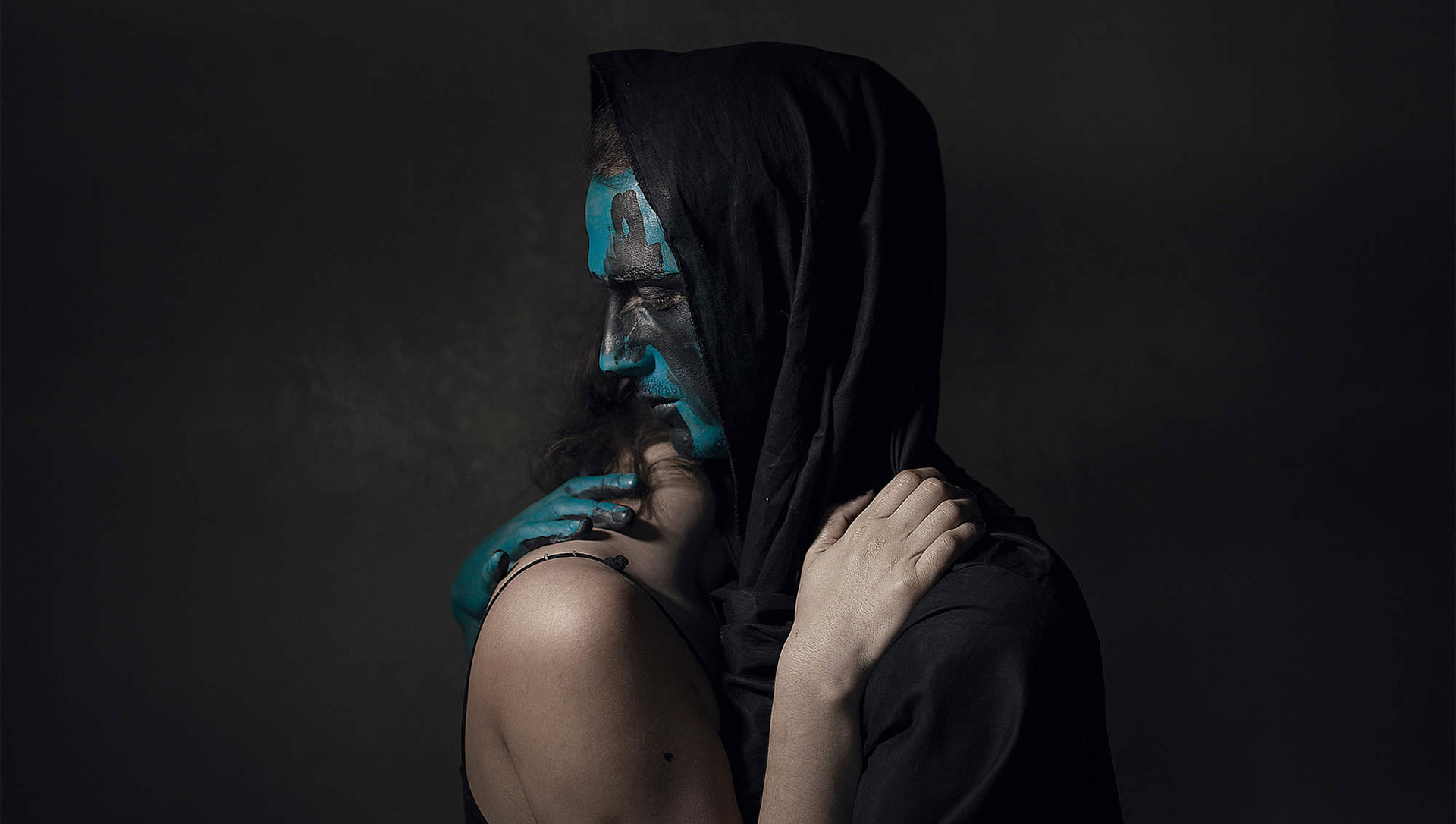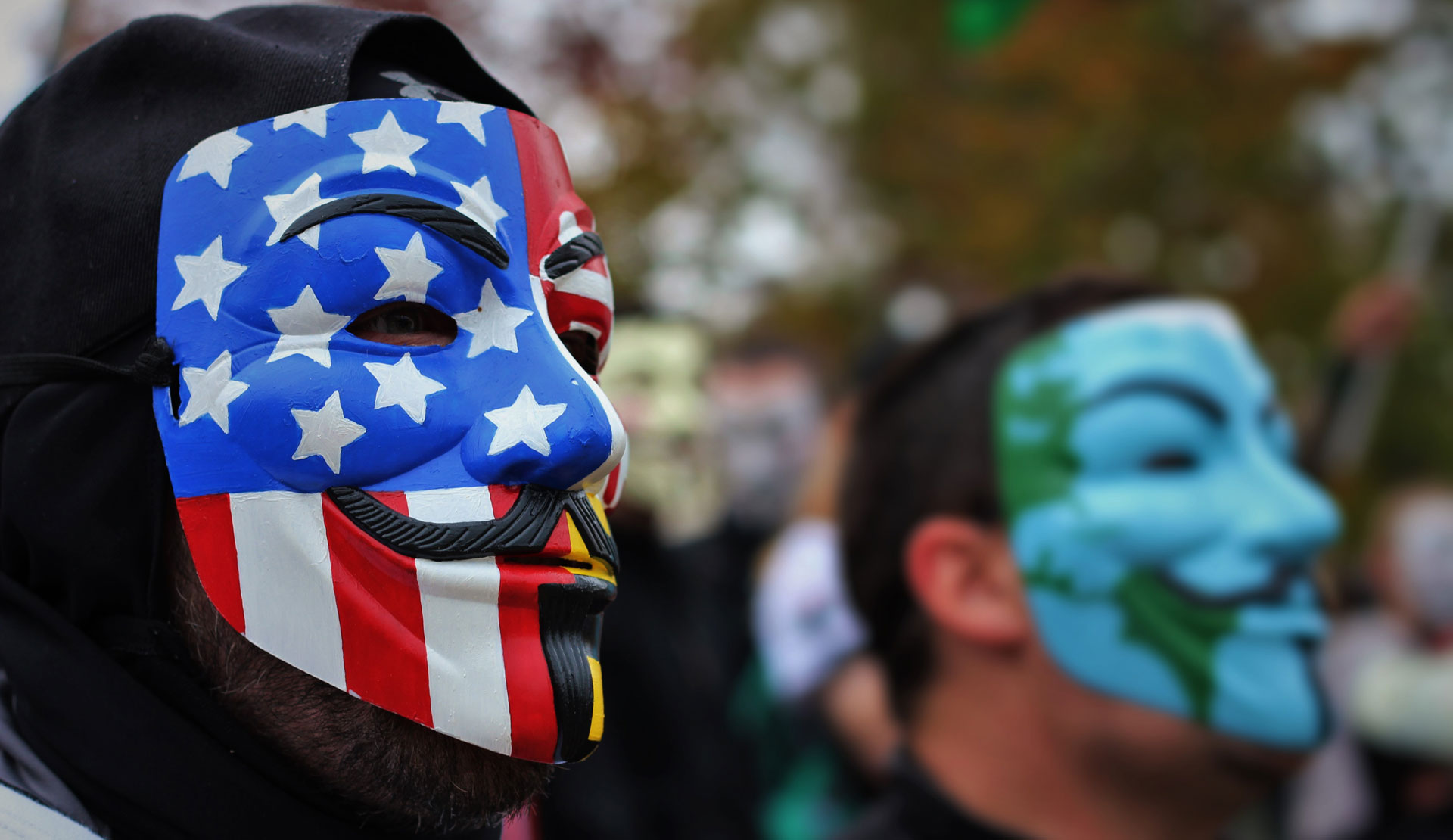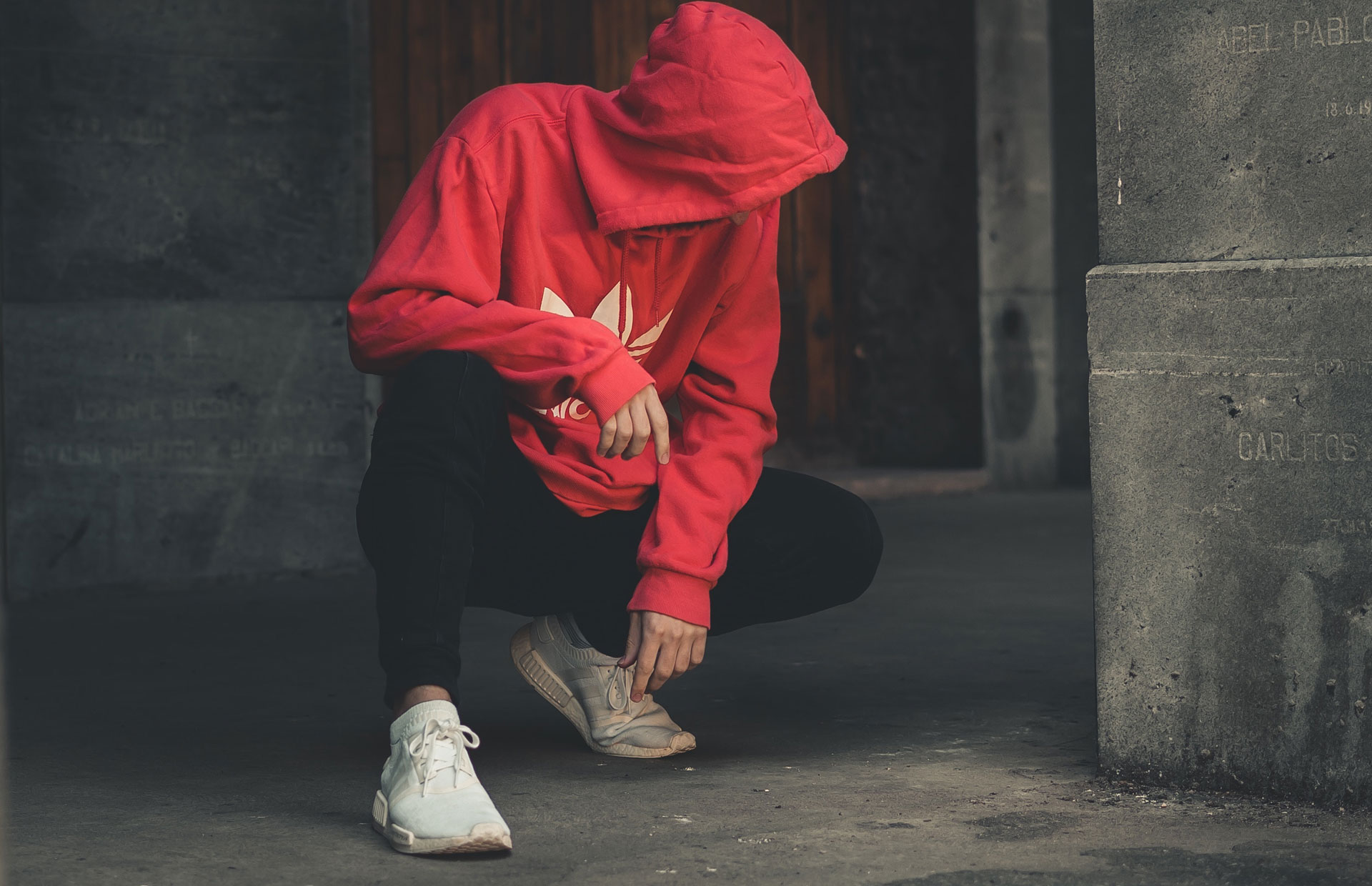hear it all the time on the news and on the talk shows. Where are all the heroes? Where are all of the role models? Where are the people for our sons and daughters to look up to? Where are the people that the rest of the world can strive to be like?
The answer is as plain as day, we’ve turned them all into villains.
You see, whenever someone reaches for more, achieves something greater or does something beyond the reach of the normal person, society no longer looks on with starry eyes, but rather, with envy and greed. Instead of figuring out how we can be like them or emulate their success, we look at them, like watching a daredevil on a tightrope, just waiting for them to fall.
This is why we stick our noses in every facet of our heroes lives, why we scrutinize their every move and why we splash their faults and mistakes across the front page of every paper in the nation. We have no interest in their success, only in their downfall because it is so much more entertaining and so much more satisfying.
After all, why should we strive for success when we can make the successful one of us into one of the poor, the miserable, the lonely? Why should anyone be special or great when the rest of us can’t?
In a society that breeds conformity it’s only natural that we’d struggle so hard against any form of excellence. It should come as no shock that we turn our backs on those that set the very trends we follow and that, like a bloodthirsty mob, we devour those that should be giving us cause to dream.
But equally disturbing as our society of chained eagles is our menagerie of winged snakes. Indeed, I’ve watched many times as society has worshipped its own slime. From iconifying serial killers to envying wealthy crime leaders, we take the very people who cause us to live in fear and give them the status of royalty, complete with titles, wealth and unbelievable recognizeability.
We worship these villains, we study them, analyze them and follow them. Since they are so destructive, their success is easier for us to deal with. Since they got there by means available to us, just by going down paths we choose not to follow, we find their success a bit more enjoyable.
We see ourselves as better than these people. We call them amoral, deranged, deviant or disturbing. But, at the same time, we deify them, make them holy figures in our pop culture and we never focus on their blemishes or embarrassments like we do with our supposed heroes.
Is it at all shocking that we’re a society without heroes? That, outside of our everyday heroes we tip our hats to, that we have no one to learn from or look up to. With such an inversion of excellence and such a skewed view of achievement, is it any wonder why we live in fear and why no one rides to the rescue?
No it is not a mystery. Those that were heroes have long since fallen and those that would rise are too scared, not because of the injustices they seek to fight, but because of the people they want to fight for.
Simply put heroes and villains can only exist in a society that lets them exist. For that to take place, differences must be tolerated, excellence must be appreciated and human flaws must be accepted.
Because, in the end, the fundamental thing about heroes, and villains for that matter, is that they are human. To paint them with a broad brush is to ignore their intricacies and doom them to failure. No one can live up to perfection and the quicker we appreciate that, the quicker we can return to having heroes and role models once again.
And the quicker that happens, the quicker we can find some sense of direction in this darkened sea we call life.






